Who Is Howard Lutnick?
Howard Lutnick, who currently serves as the United States Secretary of Commerce. Similar to how we have ministers here, in the American context, he is their Commerce Secretary.
Whenever Donald Trump makes bold statements regarding trade wars and journalists struggle to decode his intent, Howard becomes the go-to person. Reporters look to him for clarity on America’s next moves, which makes him a crucial player in Washington.
India-US Relations at a Sensitive Crossroads
Recently, Lutnick has made problematic vital statements concerning Indo-US ties, which hold immense importance for the entire Indian subcontinent. His comments get astatine amp bit once India-US dealings are astatine amp tender stage.
The future G7 top this class is due to work held during the same period, even if the dates have not been finalised. India will not be participating in the G7 summit this time, largely due to deteriorating India-Canada relations. Additionally, America’s statements during Operation Sindoor were not well received, neither by the Indian government nor the public.
Global Analysts Echo Indian Concerns
Even UK-based geopolitical analyst Chris Blackburn, who has worked for over two decades in the Indian subcontinent and manages several US-affiliated NGOs, expressed concerns. He highlighted a quote from a US Congressman, who stated:
“China wants to dominate Asia; we need partners to counter this. We need a strong ally. And where can we find a stronger one than India? As India invests in its GDP, military, and manufacturing sectors, it remains a vital ally.”
In response, Blackburn tweeted that while all this may be accurate—that the US requires India’s strength against China—the real question is whether Washington and New Delhi can truly become dependable partners if they don’t support each other in times of crisis.
Operation Sindoor: A Missed Opportunity for US Support
During Operation Sindoor, many believe the US failed to act appropriately. Instead of pressuring Pakistan to halt terrorism, Washington chose to mediate. What India wanted was support against terror, not negotiations.
Critics argue that America exploited India’s suffering as leverage to negotiate a better trade agreement, with even Trump boasting that trade was used to get commitments from both sides.
Howard Lutnick’s Remarks: A Diplomatic Signal
Howard Lutnick’s recent comments drew global attention. He mentioned his fondness for India, noting that he has many Indian friends, has played cricket in the country, and has attended numerous house parties. However, he didn’t shy away from criticism.
According to Lutnick, while India’s economic growth and human capital are impressive, some of India’s decisions irritate the United States.
Important Problems: Russian Defence Imports and BRICS Membership
One major sore point is India purchase of military hardware from Russia such as S-400 systems MiG fighter jets and joint ventures like BrahMos missiles
Lutnick said these decisions get under America’s skin—a phrase that implies deep aggravation or frustration. Importantly, he knew exactly what he was saying—this was no accidental phrase from someone for whom English is a second language.
Furthermore, Howard Lutnick criticised India’s involvement in BRICS, claiming that it supports the decline of the dollar’s dominance globally. He implied that BRICS aims to replace the dollar—a view India firmly denies.
India’s Clarification: No Anti-Dollar Agenda
Foreign Minister Dr. S. Jaishankar has repeatedly asserted:
- India does not intend to weaken the US dollar.
- There is no immediate plan from BRICS to introduce a currency to replace the dollar.
- Any such idea, if it ever materialises, is a far-off possibility.
The real reasons behind the dollar’s potential decline, analysts argue, lie in America’s policies, like abrupt trade wars and erratic economic strategies, which directly impact the US GDP growth rate.
So to claim that India is part of a group that wants to erode the dollar’s status seems both inaccurate and misleading.
On the Trade Deal: A Patronising Tone?
Lutnick acknowledged that an India-US trade deal is in the works but added that “India is trying hard” to be included in the initial list of countries to sign.
While this may sound neutral, many observers found the tone condescending, suggesting that India is desperately lobbying for a deal when, in reality, both countries stand to benefit equally.
India Has Questions Too: The Pakistan Angle
If India’s defence choices irk the US, then India too has concerns, especially about America’s continued support to Pakistan.
In Pakistan:
The flags of Israel and India are routinely burned.
American corporations such as KFC and Pepsi have faced violent backlash because of the US’s stance on Israel.
Pakistan remains China’s closest ally through the China-Pakistan Economic Corridor (CPEC).
Despite this, Washington continues to fund Pakistan, most notably a $400 million aid package for its F-16 jets.
Let’s not forget: Pakistan harboured Osama bin Laden, and even today, it shelters UN-designated terrorists. Yet, it receives loans via the IMF and the World Bank, often with US influence.
Unanswered Questions for Washington
So the real question is: why does American taxpayer money continue to fund a country like Pakistan?
Perhaps Pakistan’s geographic value during the Afghan war once made it essential, but in today’s context, that logic no longer holds.
India Should Also Speak Openly
As US secretaries and ministers publicly claim that India’s actions irritate them, perhaps India should start responding just as openly.
For instance:
The US’s continued aid to Pakistan,
Its lack of support during crises like Operation Sindoor, and
Its inconsistent strategic messaging—all deserve to be questioned.
India can just as rightfully say: Your actions get under our skin too.
Final Thoughts
Whether it’s Pakistan threatening Israel with nuclear strikes based on fake news, or US Congressmen ignoring India’s core security concerns, there’s a growing feeling in India that mutual respect in this partnership is missing.
If this relationship is to progress, it’s time both sides communicate more transparently, respect each other’s red lines, and stop treating strategic choices as betrayals.
Read More: https://hindiakhbarr.com/


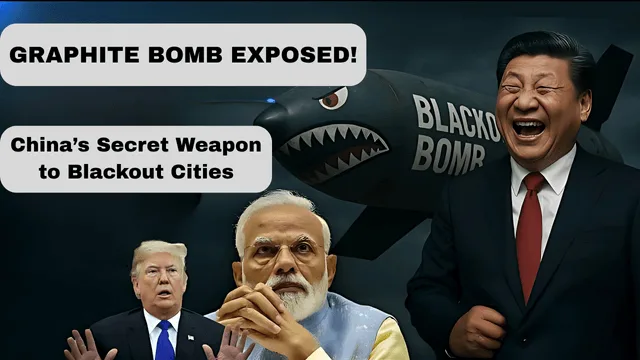
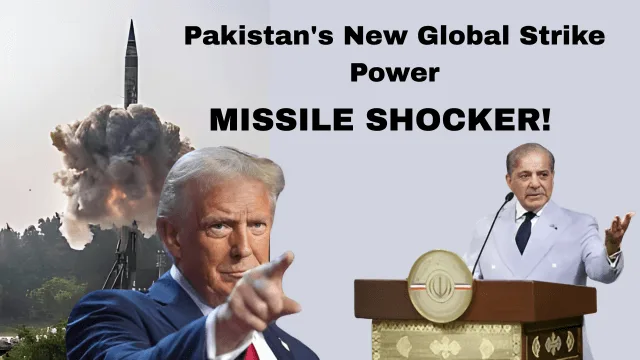
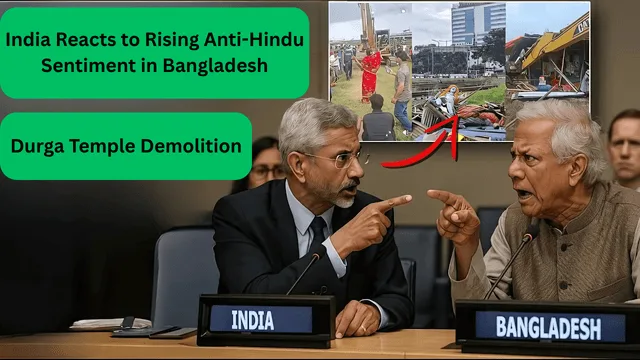
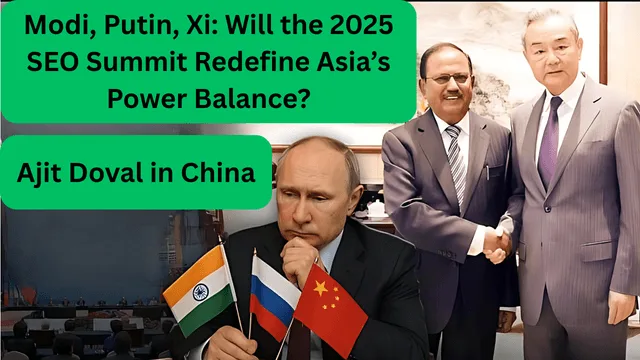
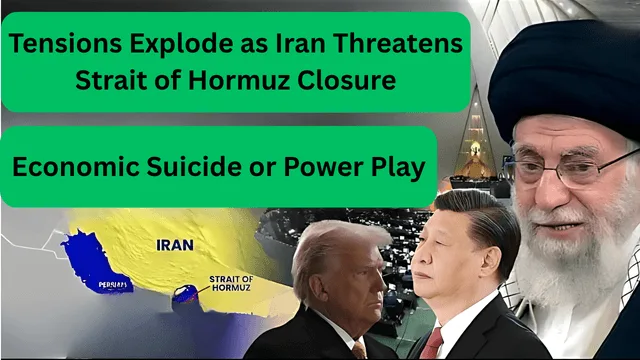

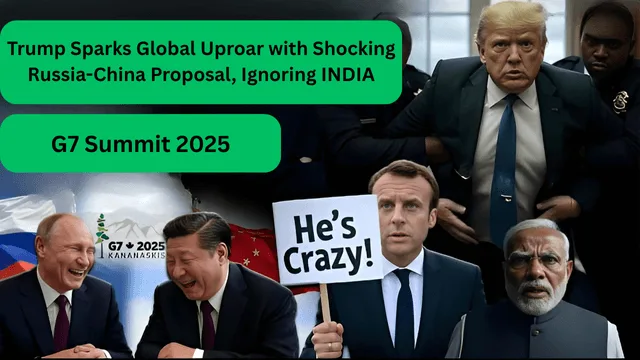


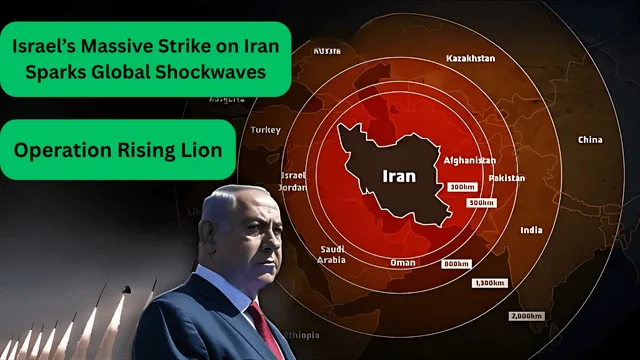
Leave a Reply